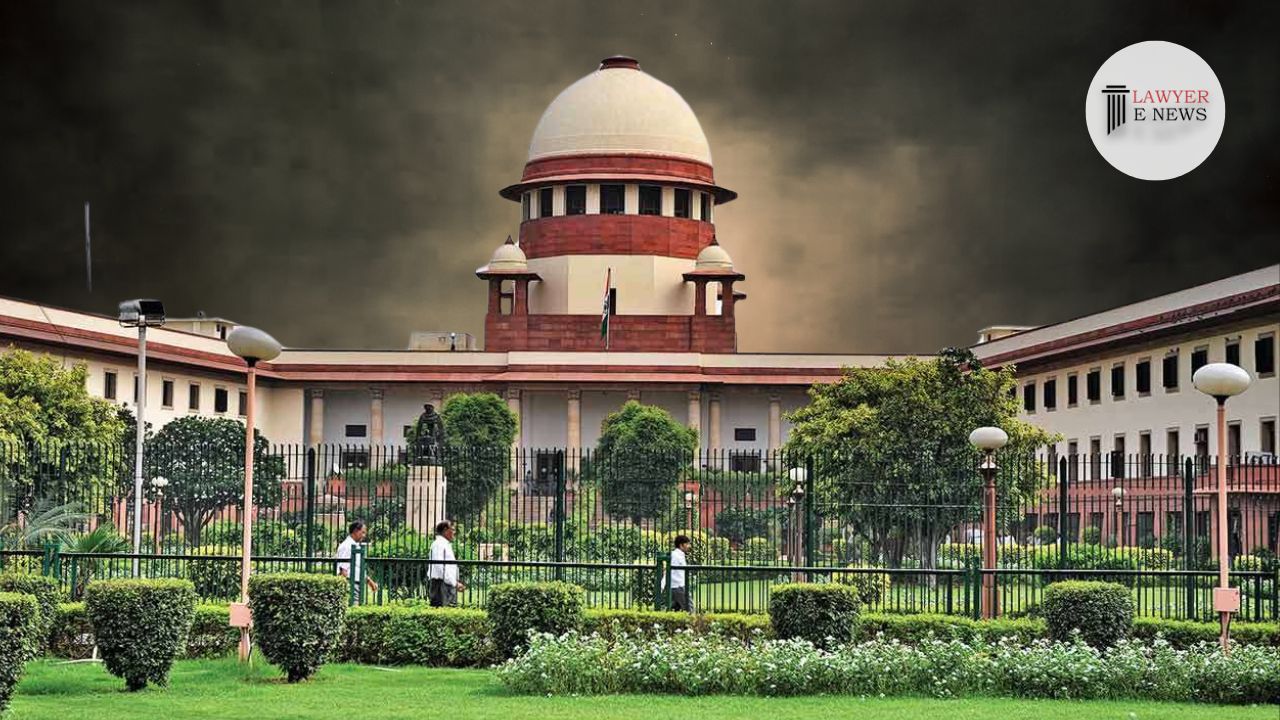-
by sayum
14 February 2026 2:22 PM



The Supreme Court today dismissed a series of appeals by the National Highways Authority of India (NHAI) against the Hindustan Construction Company Ltd. concerning payment disputes under the Allahabad Bypass Project contract, emphasizing the sanctity of arbitral tribunal decisions in contractual interpretations unless they manifest patent illegality.
The primary legal issue addressed was the application of Sections 34 and 37 of the Arbitration and Conciliation Act, 1996, concerning challenges to and the appellate review of an arbitral award. The Supreme Court deliberated on whether the arbitral award and the subsequent judgments by the lower courts fell within the permissible scope of judicial intervention as prescribed under the said Act.
The case arose from a contract awarded by NHAI to Hindustan Construction for the Allahabad Bypass Project. Disputes referred to the arbitral tribunal included claims for additional costs due to legislative changes affecting royalties and taxes, and payment for specific construction works. The arbitral award favored the construction company, which was upheld by both the single judge and a division bench of the High Court.
Contractual Interpretation and Limited Judicial Interference: The Court underscored the principle of minimal judicial interference in arbitral awards, stating that "the construction of the terms of a contract is primarily for an Arbitrator to decide unless the Arbitrator construes the contract in such a way that it could be said to be something that no fair-minded or reasonable person could do." The Court found that the tribunal’s interpretation was within the bounds of reasonableness and did not merit judicial interference.
Specific Claims on Increased Costs and Tax Changes: On the claims involving increased royalty rates and associated taxes due to legislative changes, the Court noted that such costs are to be considered separate from general price adjustments under the contract. The tribunal’s decision was seen as consistent with previous precedents and the specific contractual clauses which provide for separate compensation over and above general price adjustment mechanisms.
Embankment Construction Payments: Regarding payments for embankment construction, the Court highlighted that the majority of the tribunal recognized these costs as separate from other categorized works under the contract, which was a specialized assessment by the technical experts of the tribunal. The Court upheld the arbitral award stating that the tribunal's expert interpretation should be respected unless shown to be patently unreasonable.
Decision: The appeals were dismissed, affirming the arbitral award and the decisions of the lower courts, reinforcing the principle that judicial interference in arbitral decisions is limited to cases of evident illegality or irrationality.
Date of Decision: May 7, 2024
National Highways Authority of India vs. M/s Hindustan Construction Company Ltd.
